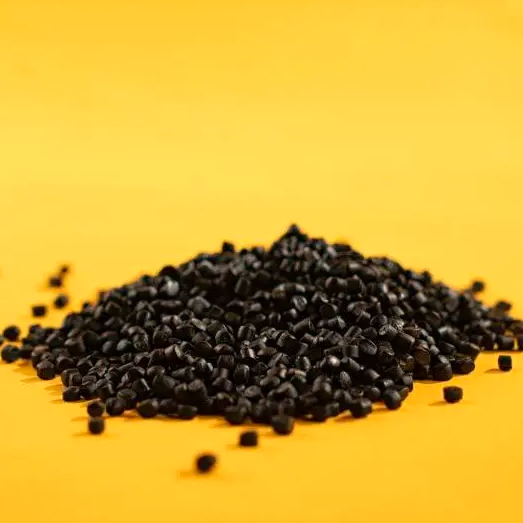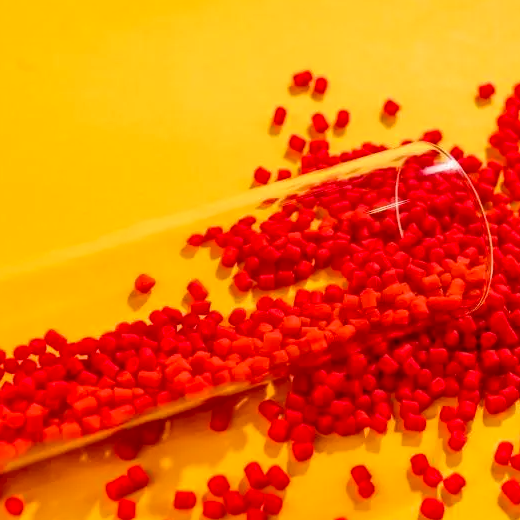PVC pellets, also known as polyvinyl chloride pellets, are a versatile material with a wide range of uses in various industries. These pellets can be used in a variety of ways, as they can be shaped and molded into different products. From extrusion to injection molding, PVC pellets can be transformed into a variety of products, including hoses, cables, wires, plastic sandals, toys, packaging materials, imitation leather, coated products, shock-proof cushioning packaging materials, etc.
One of the most common uses for PVC pellets is in the manufacture of hoses, cables, and wires. Using an extruder, PVC pellets can be heated and shaped into long, flexible pipes for use in a variety of industrial and residential applications. These products are known for their durability and versatility, making them an important part of the construction and electrical industries.
Another popular use of PVC pellets is in the production of plastic sandals, soles and slippers. By utilizing injection molding machines with a variety of molds, manufacturers can create durable and comfortable footwear popular in the fashion and footwear industries. The flexibility and strength of PVC pellets make it an excellent choice for producing stylish and durable footwear.
As well as footwear, PVC pellets are used in the manufacture of a range of other consumer products, such as toys and car parts. PVC pellets can be molded into different shapes and sizes, making them an ideal material for manufacturing a variety of products that require plastic parts. From action figures to automotive parts, PVC pellets are used to produce high-quality, resilient products that are integral to a variety of consumer markets.
In addition, PVC pellets are used in the production of various packaging materials, including containers, films and rigid sheets. The versatility of PVC pellets allows manufacturers to create packaging solutions that meet specific needs, such as food storage, industrial packaging and cargo transportation. The strength and ductility of PVC pellets make it an excellent choice for creating packaging materials that can withstand different conditions and environments.
Additionally, PVC pellets are the material of choice for the production of artificial leather for bags, sports equipment such as basketballs, footballs and rugby balls, and coated products such as suitcases, bags, book covers and building floor coverings. PVC pellets are able to mimic the look and feel of real leather, making them a cost-effective and durable alternative to these products. Additionally, PVC granules’ water-resistant and easy-to-clean properties make them ideal for coating products, providing a long-lasting and stylish finish.
Finally, PVC pellets are used to produce shock-proof cushioning packaging materials. The impact-resistant properties of PVC pellets make it an important component in creating protective packaging solutions that protect delicate and fragile items during handling and transportation. From electronics to fragile items, PVC pellets help ensure the safety and integrity of products as they move throughout the supply chain.
In summary, PVC pellets are a versatile material with a wide range of uses across a variety of industries. Whether used to make hoses, cables, footwear, packaging materials, artificial leather, coated products, or shock-resistant cushioning packaging, PVC pellets remain a valuable resource for manufacturing a variety of products. Due to its durability, flexibility and adaptability, PVC pellets remain a popular choice for the needs of numerous industries around the world.
Post time: Feb-20-2024


